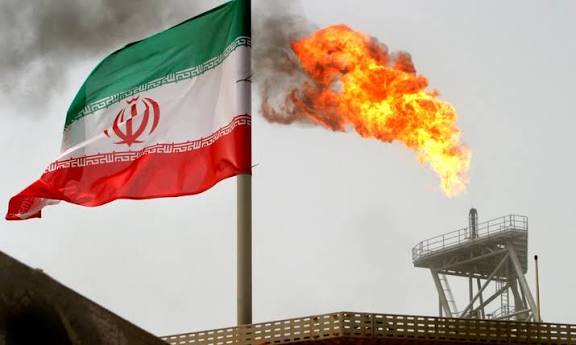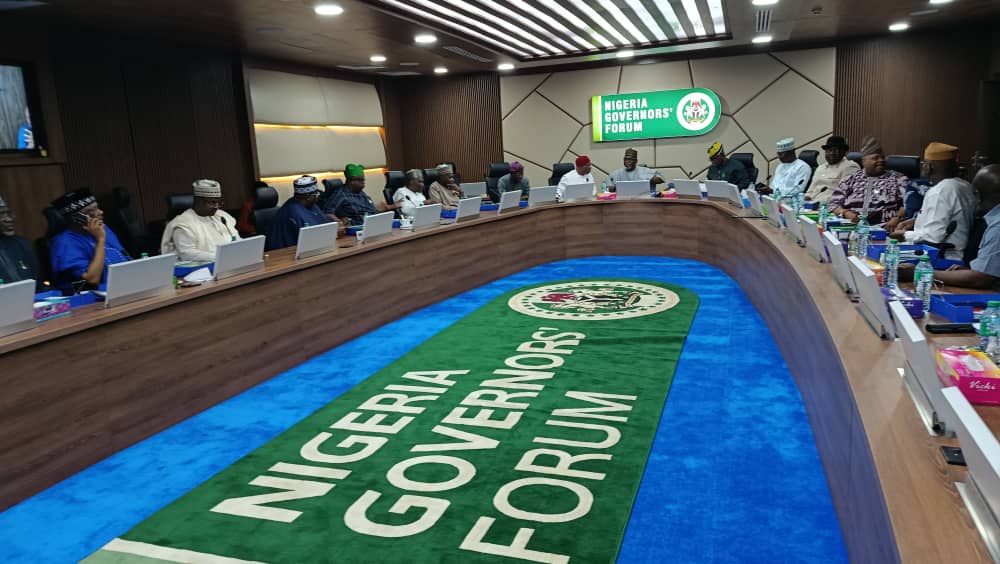MTN Group has called on Africa’s governments to harmonize their legislation, particularly about the technology sector.
This was disclosed in a statement by the MTN Group CEO and President, Ralph Mupita at the opening of the 11th edition of the African CEO Forum held in Kigali, Rwanda, in the presence of about 2500 business leaders, policymakers, investors, and presidents, according to Nairametrics.
Mupita said “I would argue that the thing we do need to think about is harmonizing regulatory developments, particularly in the technology space.
“How do we create regulatory systems that are common across Africa?” Mupita quizzed.”
He told the forum that harmonization of regulations across the continent would make it easier for investors to predict their returns. This will give rise to more capital investments in the digital infrastructure that is needed for rapid development.
According to a World Bank report in 2019, about $100 billion will be needed to achieve universal access to broadband connectivity in Africa by 2030.
GSMA Intelligence data reveal that at the end of 2023, sub-Saharan Africa had just under 520 million mobile phone subscribers. The mobile internet service was subscribed by 296 million people of these numbers.
This is not the first time Mupita has called for a harmonized regulatory system across Africa at the African CEO Forum.
He pointed out that the regulation of Africa’s telecommunications sector is outdated and does not reflect today’s realities, during a dialogue on prosperity organised by Ghana in January 2023.
“The regulatory frameworks for Africa’s telecommunications industry do not reflect our current advancement. They are still positioned for the era of voice.
“As the world continues to undergo major digital transformation and disruption, our regulatory frameworks need to evolve to reflect these technological advancements,” Mupita said.
Meanwhile, the CEO of Pan African telco, Shameel Joosub urged for a closer collaboration across the continent through the African Continental Free Trade Agreement (AfCFTA) to improve trade and economic growth.
In addition, Joosub pointed out that for Member States to comply with the regulatory framework of data interoperability between intracontinental transboundary trade and thus harmonize regulation throughout its member states on the continent, the AfCFTA could lay down a regulatory framework.








